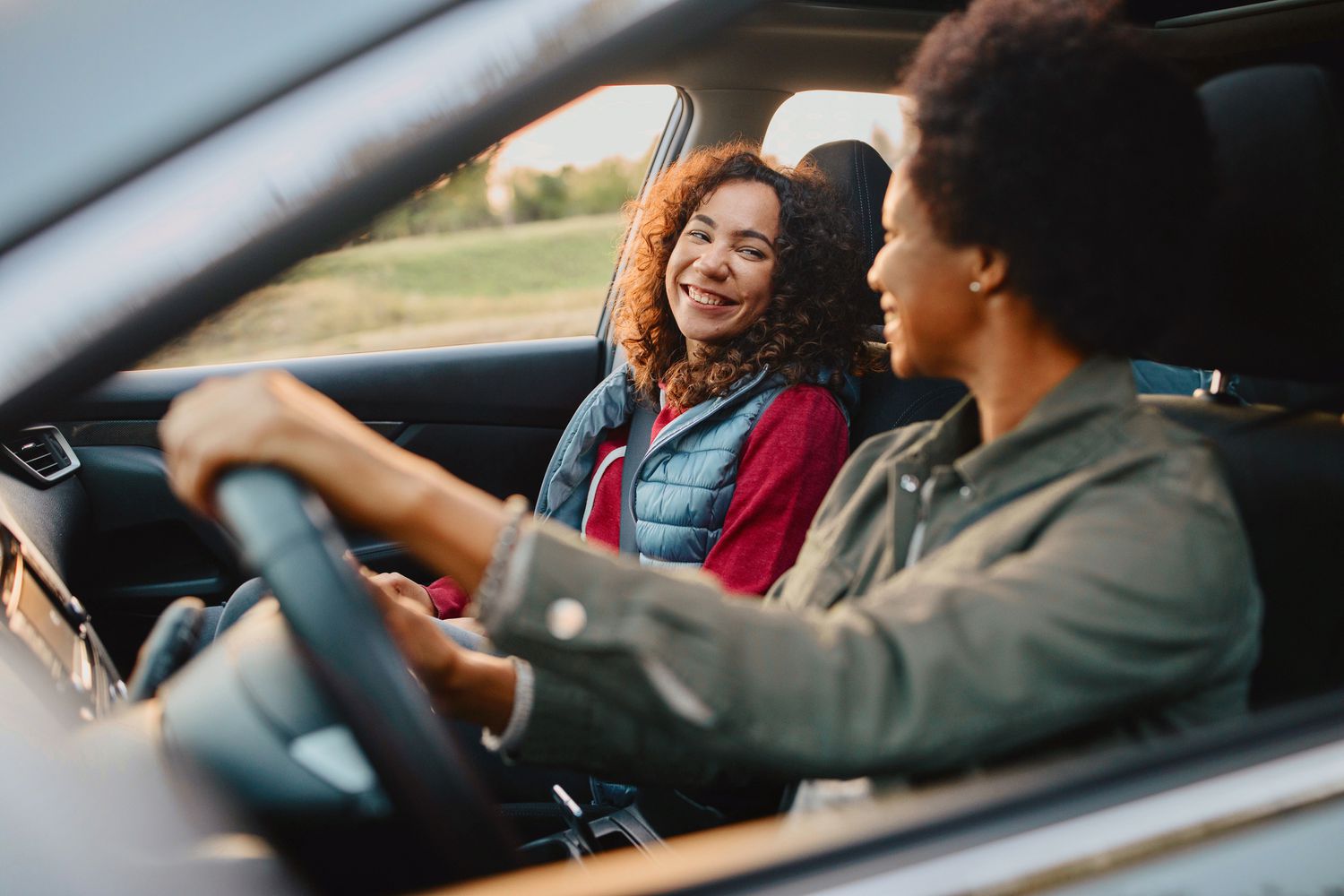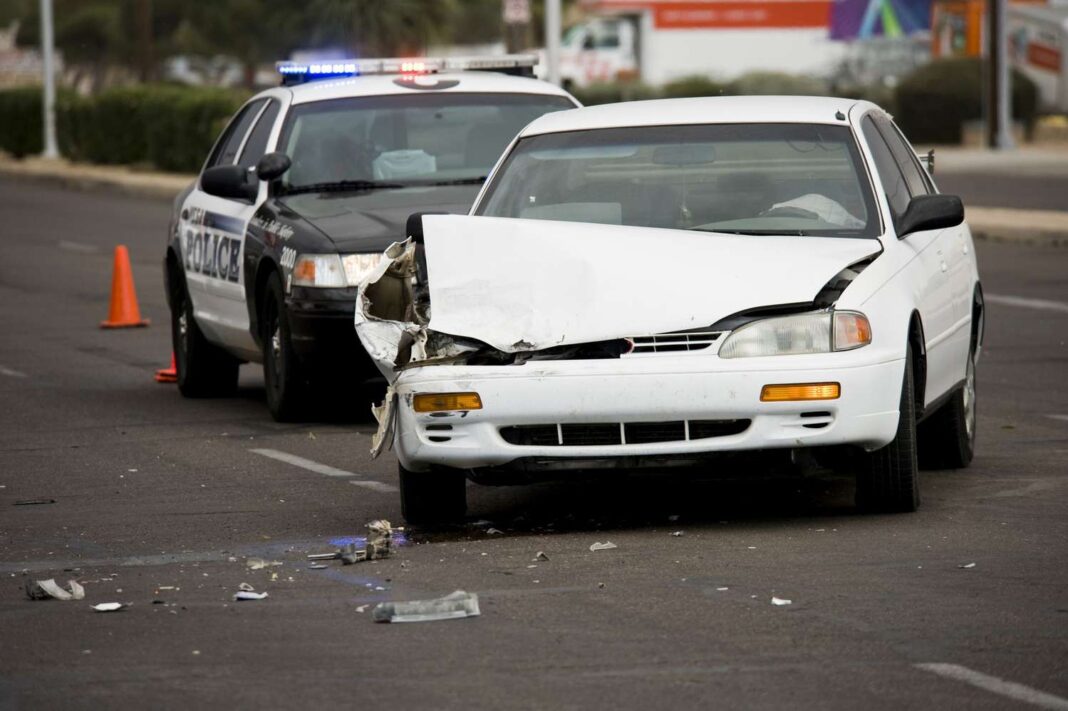Not owning a car can be advantageous for your finances. While you may not have to worry about car payments or repairs, you may still be required to pay for auto insurance if you rent or use other people’s cars on a regular basis. This is where non-owner car insurance comes in.
However, in some cases, non-owner car insurance may be unnecessary. For example, if you borrow a vehicle from someone in your household, you should be included on the car owner’s insurance. Depending on their insurer and your state, this may be required even if the vehicle belongs to an unrelated roommate and you do not currently hold a legal license.
Can you get insurance without a car?
Yes, you can get car insurance without having a car. Non-owner car insurance provides liability coverage to persons who do not own a vehicle but occasionally drive someone else’s. Liability car insurance covers any injuries or property damage you cause in a car accident. However, it does not cover damage to the borrowed or rented car or any of your personal injuries if you cause a crash.
A non-owner car insurance policy normally contains simply the minimum coverage required by your state, however you can often choose higher levels. Aside from liability coverage, a non-owner policy could include:
- Uninsured/underinsured motorist protection covers for your injuries in the event of an accident caused by a driver who does not have enough or any liability insurance.
- Medical payments, often known as personal injury protection, cover your injuries following a car accident regardless of who is at fault.
Non-owner insurance does not include collision or comprehensive coverage. A conventional auto policy provides coverage for repairs or replacement of the car you own. A non-owner policy also does not provide coverage for anyone else living with you, as most regular plans do.
There is usually no deductible for non-owner auto insurance.
Who needs non-owner car insurance?
Those who do not own their own vehicle may benefit from a non-owner insurance policy in the following conditions.
You often borrow other people’s cars
In most cases, the car owner’s insurance covers for the accident. However, if the expenditures exceed the owner’s liability limits, you will be responsible for the remaining.
Assume you’re at fault in an accident while driving a friend’s car and the other driver requires $35,000 in medical care. If the buddy who gave you the automobile only has $25,000 in bodily injury liability coverage, you will be accountable for the remaining $10,000. Your non-owner coverage may pay the cost.
You rent cars frequently
If you rent frequently, non-owner insurance may be less expensive than liability coverage provided by a rental firm. It can also provide peace of mind if you are concerned about getting into a rental car accident (after all, you are driving a strange vehicle in an unfamiliar environment). It normally does not cover rental car damage, but you may be able to obtain that coverage through a credit card or by purchasing the rental car company’s collision-damage waiver.
You frequently use a car-sharing service
Car-sharing services like Zipcar and Turo provide some coverage for drivers, but it’s usually only enough to meet your state’s minimum standards. If you cause a serious accident, the costs could quickly surpass the minimum limits, and you would be liable for them. A non-owner policy might help complement this coverage.
You drive a company car
If the firm you work for lends you a car, you should be covered by their auto insurance anytime you use it for work. But what if you need to stop by the grocery store between jobs or pick up the kids after work? Unless your company’s auto policy includes personal use coverage, you’ll most likely require non-owner car insurance to cover any injuries or property damage you cause while driving.
You need an SR-22 or FR-44 form
Your state may require these paperwork to reinstate your driver’s license after a major offense, such as a DUI. Insurers file these on your behalf to demonstrate that you carry at least the minimum amount of insurance coverage required by your state.
You want to maintain continuous coverage
Going without auto insurance, even while between cars, makes you appear hazardous in the eyes of insurers, resulting in higher rates the next time you shop for insurance. As a result, if you’re going to be without a car for a short length of time, purchasing non-owner insurance may be less expensive than avoiding coverage.

Who shouldn’t buy non-owner car insurance
In these situations, non-owner insurance coverage is not the best option.
You usually borrow a car from someone in your household
If the vehicle you drive belongs to someone you live with, you should be listed as a covered driver on their car insurance policy and may not require non-owner coverage. That’s because, depending on where you live and which business insures your vehicle, coverage may be rejected if not all driving-age members of the household are mentioned on the policy.
You regularly borrow the same car from someone you don’t live with
Car insurance companies also demand consumers to include anyone who frequently drives their vehicle on their policy, regardless of whether they live together. For example, if you frequently borrow your neighbor’s car or are a nanny who drives your client’s car for errands, you are most certainly already insured by their policy. To be cautious, check with the car’s owner.
You drive rarely or not at all
Non-owner car insurance may not be worth the cost if you only drive once a year or borrow a friend’s car on occasion. It may be cheaper to purchase insurance at the rental counter or rely on a friend’s insurance coverage to protect you if the worst happens.
However, you should double-check your coverage before getting behind the wheel. If a buddy allows you to drive their car and you get into an accident, not all insurance companies will pay the damages.
Where to buy non-owner car insurance
To obtain a quote, you will normally need to contact an insurance provider or agent. Insurers rarely offer non-owner car insurance rates online.
We confirmed that the following major car insurance firms offer non-owner car insurance (or named non-owner insurance, as some call it), however not all of them provide information online. The best way to obtain a policy is to contact an agent or the company directly. You may also be able to find non-owner car insurance by contacting smaller, local insurance businesses near you.
| Company | Call for a quote |
| State Farm | 800-782-8332 |
| Travelers | 866-349-4119 |
| Geico | 800-207-7847 |
How much is non-owner car insurance?
Typically, a non-owner car insurance policy is less expensive than purchasing the same level of liability coverage for your own car. However, if the insurer is required to file an SR-22 or FR-44 form, the cost of any coverage will most certainly be high until you no longer require it.
The fee is determined by your age, driving record, and how frequently you intend to drive, among other factors.


